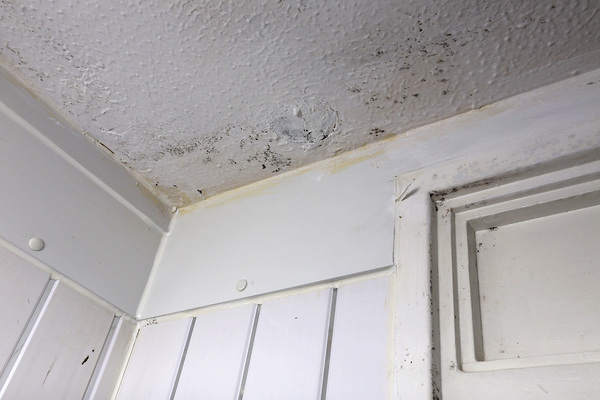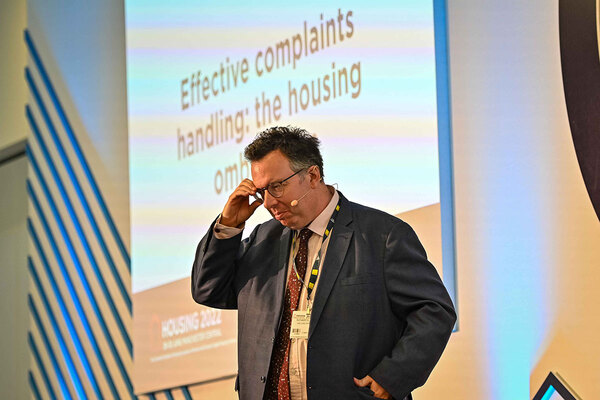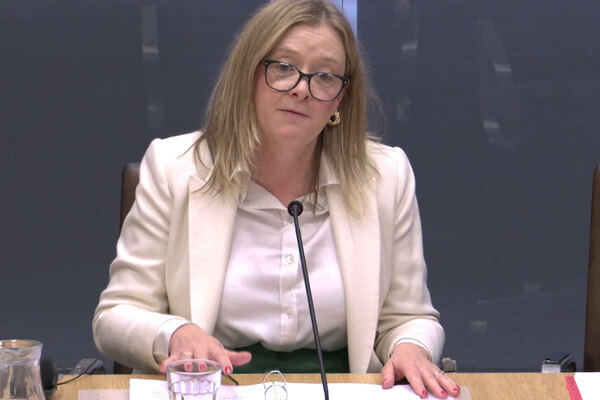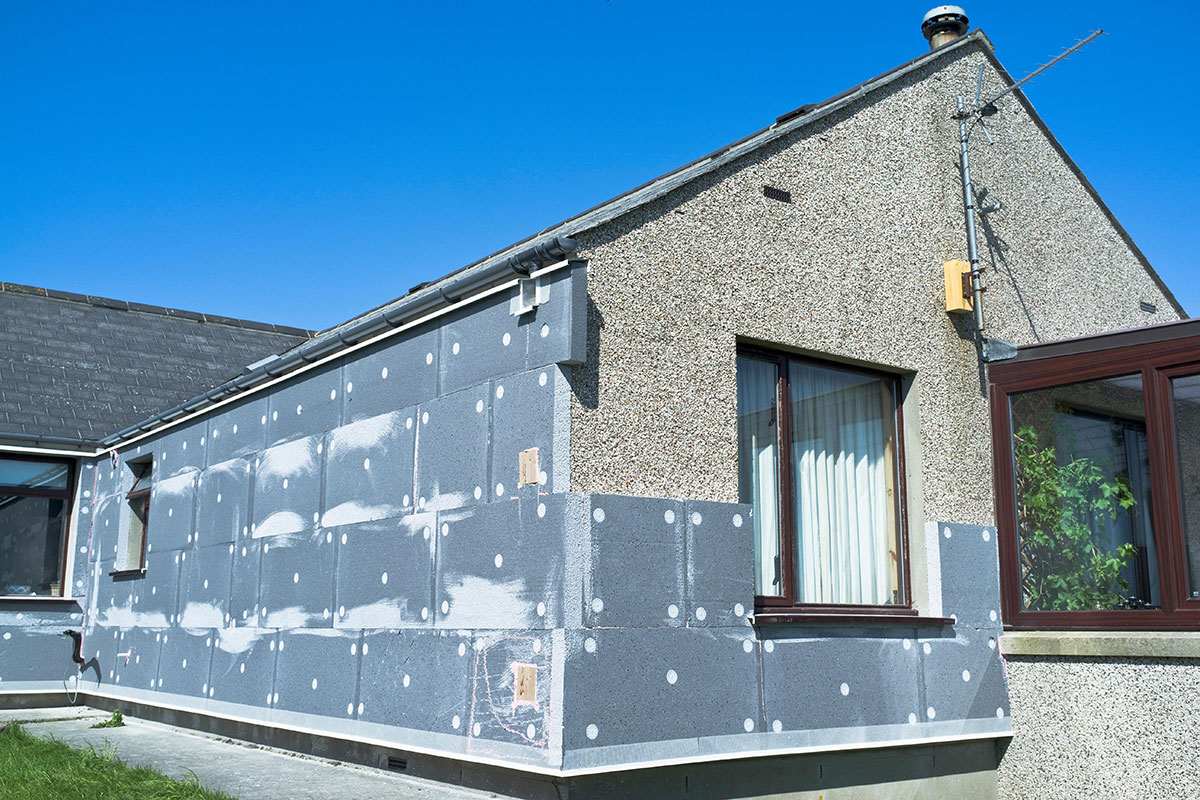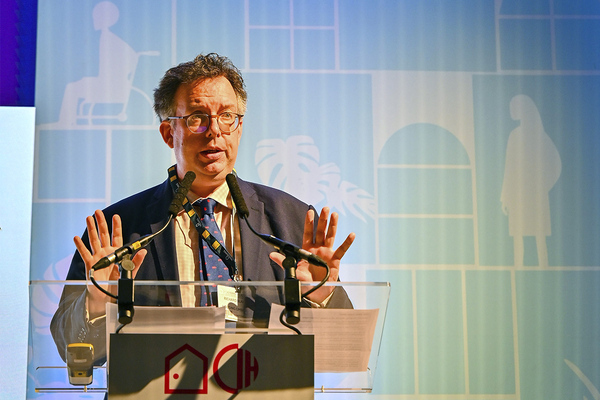You are viewing 1 of your 1 free articles
Residents with cancer and chronic asthma left in homes with damp and mould for almost two years
Residents with cancer and chronic asthma were left in homes with damp and mould for nearly two years, according to the Housing Ombudsman’s latest judgement.

The watchdog found severe maladministration for Wandle Housing Association in two cases, both of which concerned the landlord’s response to repairs and damp and mould.
In one case, a resident was receiving cancer treatment.
In the other, Wandle failed to repair the heating system and ventilation system, as well as address persistent damp and mould in the home of a resident suffering chronic asthma and a disabled child.
In the first case, the ombudsman said Wandle failed to do enough to fix the poor conditions of the cancer patient’s home, which included cracked walls and significant damp and mould.
It said the housing association was instead “more focused” on whether it would dispose of the building or not.
Evidence obtained during the ombudsman’s investigation showed the resident and her family lived with cracked walls for over four years and with damp and mould in most rooms for two years.
The watchdog said Wandle should have taken action when it became aware of the poor state of the internal ceilings, walls and windows to ensure they were kept in a reasonable state of repair while awaiting either the major works or the decision to dispose of the building.
“While there is evidence the landlord tried to fix the windows in the home, there is little to suggest it did anything about the cracking or the damp and mould,” according to the ombudsman.
It ordered Wandle to pay £5,480 in compensation and to meet with the resident to discuss its next steps and how it can best facilitate that for them.
As a result of the case, Wandle said it completed the ombudsman’s damp and mould self-assessment, as well as introduced a triage process and dedicated oversight for damp and mould cases.
However, the ombudsman said it had to issue a complaint-handling failure order (CHFO) to ensure the orders in this case were complied with.
In the second case, the ombudsman found the resident and her child suffered “significant distress and inconvenience” as a result of Wandle’s failure to fix the issues.
The heating system had not been in full working order for at least 16 months, which increased to nearly two years for the ventilation system. Some windows were defective for 14 months.
Two years after first being reported, the landlord was still unable to provide any evidence of addressing the concerns.
The ombudsman said it was concerned there was very little detail as to the outcome of appointments and that the completion dates listed in the records are “not all accurate”.
Although Wandle took some appropriate action in that it inspected the property, agreed to arrange repairs and offered some compensation for the previous delays, it provided no evidence it followed through and completed those repairs.
“Neither has it indicated any learning in terms of identifying what went wrong and how it would prevent a reoccurrence,” the ombudsman said.
The watchdog ordered Wandle to pay the resident £6,620 in compensation and to appoint specialist contractors and surveyors to confirm any outstanding works and undertake them.
In both cases, the ombudsman ordered the chief executive of the landlord to make a direct apology to the residents concerned and to self-assess against the watchdog’s Spotlight report on damp and mould.
Housing ombudsman Richard Blakeway said: “Social housing can be vital for residents with vulnerabilities, and these cases provide important learning for landlords to ensure it does so effectively.
“These entirely separate cases are united by vulnerable residents living in poor conditions and damp and mould being allowed to persist.
“The central failings in each case speak strongly to different recommendations we made in our Spotlight report on damp and mould.
“There’s a huge amount of learning that landlords can take from these cases, especially centring on regeneration and decanting.
“I’d urge landlords to look past the headlines and to delve into the detail of the cases for that added learning, and where the sector can drive improvements to its services.
“For those landlords looking to go one step further than the reports, our CPD-accredited Centre for Learning contains e-learning on various aspects of housing management, including damp and mould.”
In a statement, Wandle said: “We’re deeply sorry that our service to these residents didn’t meet the standard we strive to deliver and thank the housing ombudsman for allowing us to learn from both cases.
“When we received the determinations in April and August 2023 respectively, we apologised unreservedly to both our residents in writing and in person, and reviewed policies and procedures to prevent something like this from happening again.”
The landlord said it had completed the ombudsman’s damp and mould self-assessment to “ensure our response to damp and mould is in line with the regulatory approach”, introducing a triage process and dedicated oversight for damp and mould cases.
It has also reviewed its handling of repairs and its record-keeping practices for repairs by commissioning mandatory training for all staff on its customer relationship management system.
This was completed alongside a review of its complaint-handling process and improved training for all staff who handle complaints. Regular meetings have also been introduced to review decant requests and major works.
Wandle added: “These, and all our learnings from feedback from residents, have been reflected in our repairs policy review.
“We value our relationship with the Housing Ombudsman service, and always use feedback and findings to continually improve service, constantly striving to deliver outcomes for customers that make us proud.”
Sign up for our asset management newsletter
Already have an account? Click here to manage your newsletters
